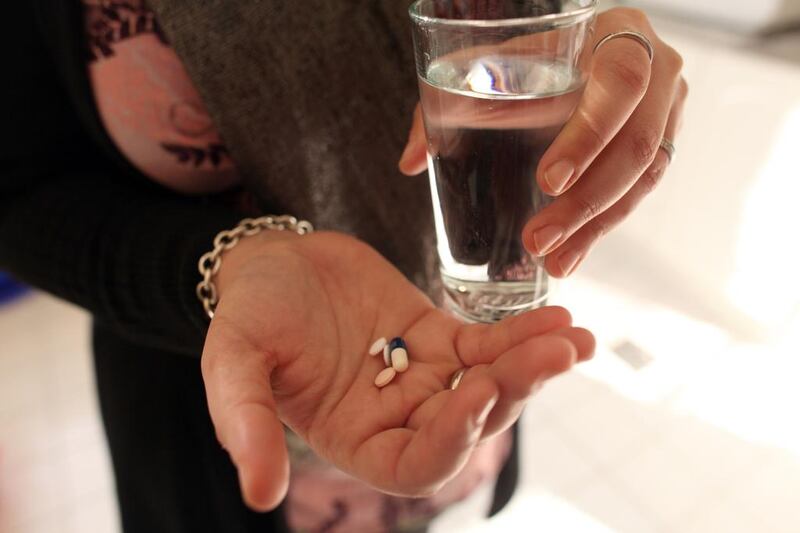Year end is a time for countdown lists. Just as 2016 was about to vanish forever, I decided to have a look at what the year’s best-selling medications were. To my surprise, riding high on the list was a psychiatric medication known as Abilify (aripiprazole). I’d expected to see medications targeting cancer, heart disease and diabetes, but to find an antipsychotic jostling for the global top spot was a shock. To see if this was just a one-off, I broadened my search to look at all-time best-sellers and discovered that three of the most profitable medications were indeed psychiatric drugs, namely Abilify, Seroquel and Zyprexa.
While psychiatric medications have their place, they are hardly wonder drugs or miracle cures. The extent of their effectiveness is nearly always contested, and many produce side effects – weight gain, depression and involuntary movements, to name a few – that are often experienced as worse than the problems the drugs claim to treat. These drugs are not bestsellers because they are particularly good at making people well, they are just very well marketed.
For many psychological complaints (feeling low, hearing voices, insomnia) there are also talk therapies (cognitive interventions). These, in many cases, are far more effective than drugs and are free from the awful side effects.
At this point in the discussion of medication versus talk therapy, we often reach a happy compromise and say something like, “the best solution is to offer both drugs and talk therapies in combination”. However, there is emerging evidence that, in some cases, drugs actually don’t provide any additional value; there are even studies suggesting the exact opposite.
For instance, a well-controlled study published in 2016 in the journal Psychotherapy and Psychosomatics focused on the treatment of social anxiety disorder, also known as social phobia. This is the most common of all the anxiety disorders and is essentially a debilitating fear of social or performance situations. This recent study assigned social phobia patients to one of four conditions: talk therapy, medication, placebo or combination therapy (drugs and talk therapy).
The study found that over the longer term, talk therapy was far more effective than medication and it was even superior to combination therapy.
One proposed explanation for this counterintuitive finding is that the medication might interfere with the patient’s ability or motivation to actually learn the coping skills that are part of the talk therapy. In other words, patients come to depend on the drugs rather than on themselves. It is like the medication is robbing people of the opportunity to grow and develop new insights. It is exactly this type of learning and the associated insights that lead to getting better and, importantly, staying better.
This idea that medication is the best way to go, or even always a useful way to go, needs a critical re-examination. The current profitability of psychiatric medications is not rooted in their overwhelming effectiveness.
Often, medication is prescribed because there is a shortage of trained professionals able to deliver the talk therapies that have proven most effective for certain conditions. The answer isn’t prescribing more and more medication; we must provide more well-trained therapists and focus on prevention.
Consider that in the United States and the United Kingdom, increases in the prescription of psychiatric mediations have not led to a decrease in the prevalence of psychiatric disorders. On the contrary, there has been an increase in mental health problems. Despite the occasional success story, often short-lived, perhaps the overall societal impact of psychiatric mediation is negative.
Give a person an antidepressant and they may feel OK for a while, but help them develop a new outlook on life and they can feel OK forever.
Dr Justin Thomas is an associate professor at Zayed University
On Twitter: @DrJustinThomas





